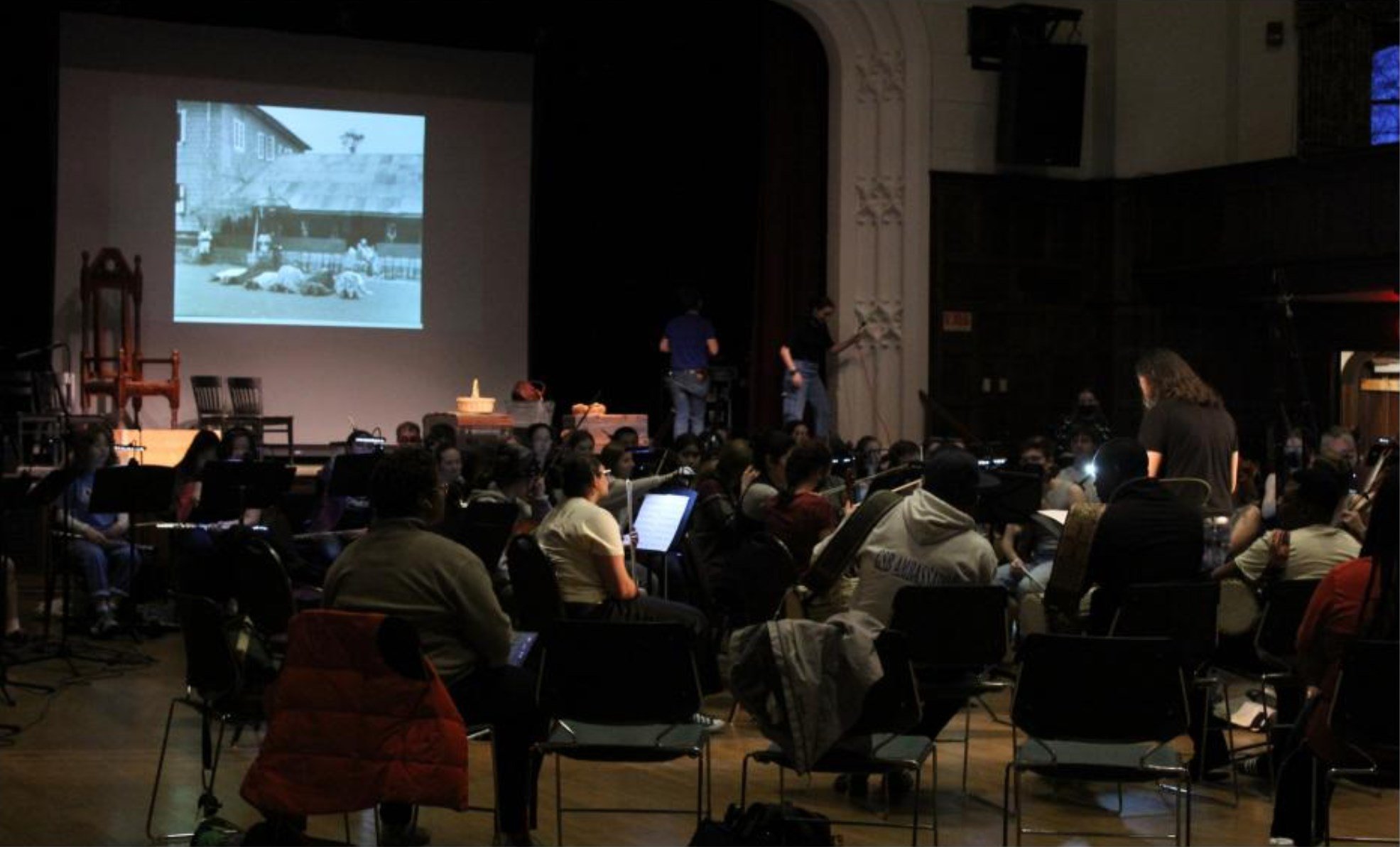“The Moors” begins slowly. It is evident early on that this play is a “Waiting for Godot” situation, and Master Branwell, whom Emilie is waiting to meet, will not be making an appearance and perhaps doesn’t even exist. The repetitiveness of the scenery leaves the audience feeling stuck in the moors, just as the characters are. We find the characters moving from room to identical room.
African opera 'Funmilayo' is a display of varied talents
Nobody ever wants to pay taxes. The sentiment is in the air — April 18 is Tax Day! — as well as the arts. “Funmilayo,” the fourth production in the African opera series at Mount Holyoke, explores just one moment in the rich life of Funmilayo Ransome-Kuti: when she fought British colonial rule in what is now present-day Nigeria through protests against a special tax imposed on women in the 1940s.
80 years later, ‘Citizen Kane’ retains public interest
80 years ago, a bizarre event occurred in Hollywood: a major Hollywood studio gave complete creative freedom to Orson Welles, a young man directing his first feature film, allowing him complete dominion over nearly every aspect of its production. The brainchild of that freedom is Orson Welles’ 1941 American drama film, “Citizen Kane.”
In a landmark contract with RKO Pictures, one of the biggest film studios in the United States at the time, Welles received a 25 percent cut of the film’s profits in addition to full control over production. Welles would go on to receive an Academy Award nomination in 1942 for Best Actor for his role in the film as the titular character, Charles Foster Kane. Though 80 years have passed since the film’s release, “Citizen Kane” has managed to stay relevant in modern discussion for both its cinematic innovation and social commentary.


